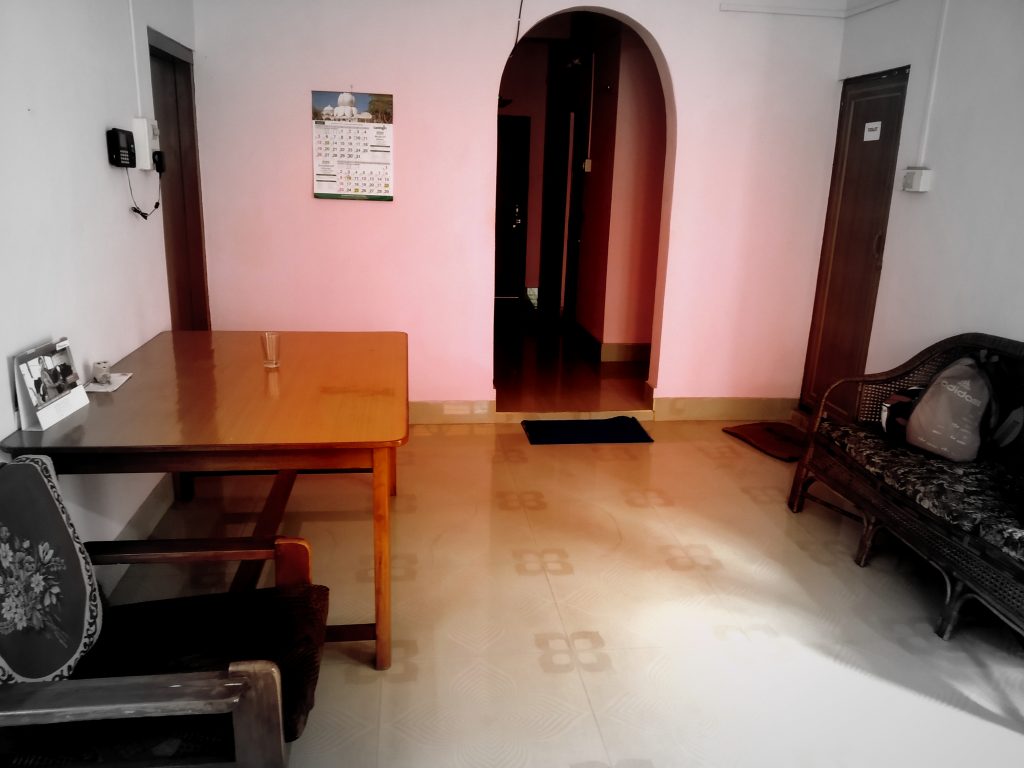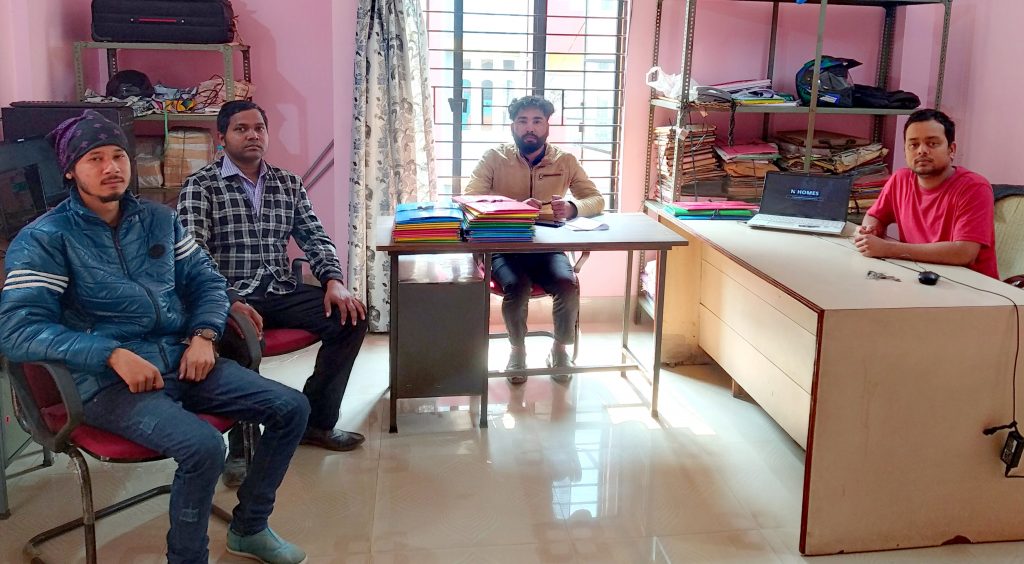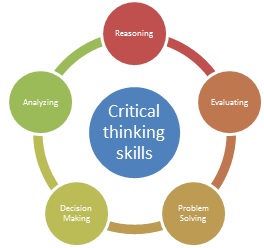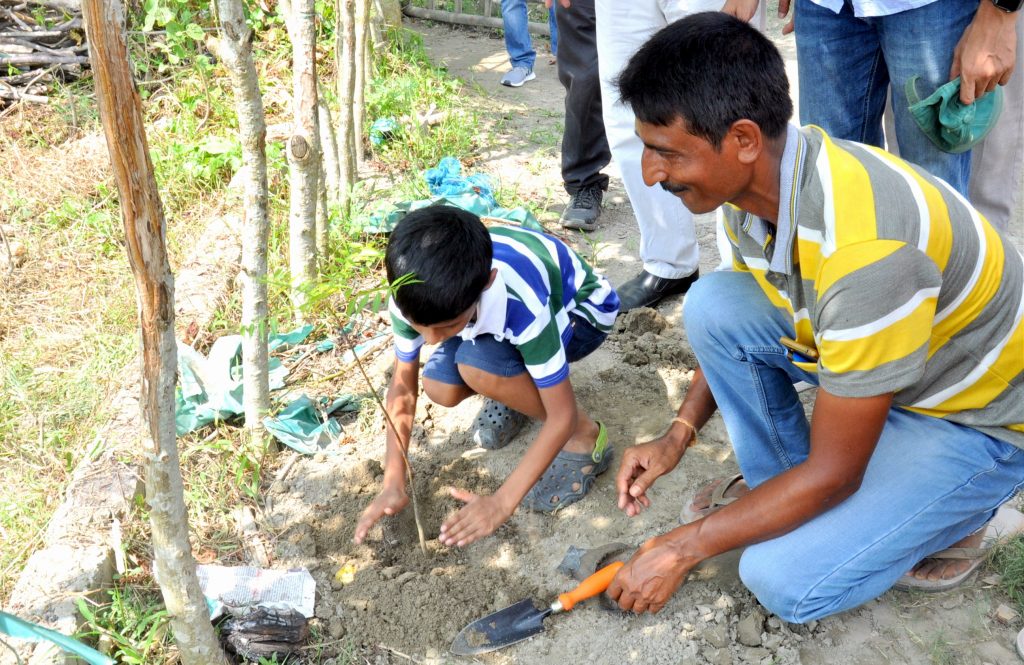Ask about life from a mountaineer and he will give you every reason, with examples, to treasure it and live it to the fullest against every great hurdle. And when the mountaineer is one who has lived through asthmatic history, you know that no weakness can be big enough in front of a passion that reinstates one’s purpose for existence. Meet Satyarup Siddhanta, world’s youngest mountaineer to climb the Seven Summits and the first Indian to climb the Seven Volcanic Summits.
If Satyarup’s story from being an asthmatic child to a fearless mountaineer is inspiring, his journeys to the pinnacles have been replete with life lessons and precious realizations that show what great blessing life is! Here are seven life lessons from the Seven Summiteer that every common man, especially the entrepreneurs, must take a leaf from for scripting stories of victory and leading a life that makes man die without regretting the unfulfilled dreams.
Make a start; do not worry about the obstacles in the journey
“Had I known what it takes to climb the Mount Everest, I might have never gone for it.” – Satyarup Siddhanta
Fretting about the possible hurdles will not let you make a start. Be so much in love with your dream that the thought of the challenges on the way will not matter. Being positive isn’t just a hackneyed quote of motivation. It is a skill for tasting success.
Do not be afraid of Fear
“Take fear as a foe and it will overpower you. Take it as a friend and it will help you.” – Satyarup Siddhanta
Fear isn’t as dreaded a villain as projected. Fear of a fall can help you prepare harder not to fall. It could be a brilliant harness against overconfidence and slackened homework. Use it to your advantage to prepare better for the challenges ahead. The journey graph of an entrepreneur will depend a lot on whether one uses fear as a stumbling block or as fuel.
In every bad phase hides a good reason
“Try to find the good in all the bad happenings.” – Satyarup Siddhanta
To make a lemonade when life throws lemons demands bearing in mind the sweeter possibilities of sourness. If things do not go as per the plan, know that the Universe must have a better plan. When Satyarup practiced crossing the crevasse on a ladder in broad daylight, he didn’t imagine that he would also have to cross a crevasse in the darkness of a night. But when he finally did, he realized that the darkness was a blessing in disguise for it kept him from gauging the depth of the crevasse, the fear on his leader’s face, and the enormous distance from the summit. The darkness helped him focus more on his steps to cross the crevasse than getting distracted by the depth, the distance, or his teammates’ fears.

Failure gives an opportunity to win
“Every time I get knocked down, I take it as an opportunity to come back stronger.” – Satyarup Siddhanta
To err and to fail is human. Entrepreneurs will fail too. But getting bogged down with failure doesn’t make winners. Embrace failure when you meet it on the way, but with a promise that you will come back stronger the next time in order to defeat it. Make your failure the metrics to gauge where you are lacking and start working on filling up the gaps.
As Satyarup says, “The fact that I am still alive even after meeting so many setbacks means I am stronger than earlier.”
Learn to value your resources
“Mountaineering has taught me to lead a minimalistic life.” – Satyarup Siddhanta
While most of us crib and cry about the resource constraint due to the lockdown, imagine the mountaineers going without proper food and shower in adverse weather conditions! Satyarup relates about a situation where he was even ready to fight a wild rodent over a piece of leftover picked up from the trash.
You never know when your life or your business takes a U-turn and you are left with just the bits and pieces of resources. Better value your resources while the sun shines on you and learn to spend meticulously.
Your biggest weakness may become your greatest savior
“My asthmatic trouble that I have cursed all my life had saved me that day.” – Satyarup Siddhanta
Never get disheartened by your weakness. You never know when and how the weakness turns into strength and saves you from a catastrophe. During the final leg of his expedition to the Mount Everest, Satyarup had to trek without his oxygen mask for half an hour due to a blockage in the oxygen pipe. He was surprised at the ease with which he managed the suffocation without growing nervous or anxious about it. While mulling over the episode during a regular day, Satyarup realized that it was his childhood experience of handling breathing troubles due to asthma that had helped him manage with scarce oxygen on the mountain.
Hold your nerves and you will discover beauty in danger
“The near-death experiences that I have encountered were near-life experiences in reality.” Satyarup Siddhanta
Our reaction to a stimulus determines the quality of our experience. Hold your nerves in a situation of danger and you will discover beauty around it. This will create brighter reminiscence of a threatening event and dismiss the piling up of negative memories that can adversely affect one’s mental health.
Satyarup met with a near-death experience when he fell into a deep crevasse, dangling from a rope for not less than half an hour until he was rescued. Although initially taken aback by the fall, he soon regained his composure and looked around. To his joy and surprise, the mountaineer discovered the untrodden beauty of the snaking long stretch of the white crevasse, reflecting the clear blue of the sky. He felt lucky to be the chosen one for experiencing the hidden brilliance of Nature which not many get to experience. That which could have been 30-minutes of dread and exhausting fight for life, turned into moments of overwhelming ecstasy. Satyarup’s preoccupation with the surreal splendor of that crevasse freed him from the fearful thought of falling dead into that seemingly bottomless abyss. Today, when he recounts that experience, there are glitters in his eyes and not trepidation as one might expect.
By: Satarupa Mishra































